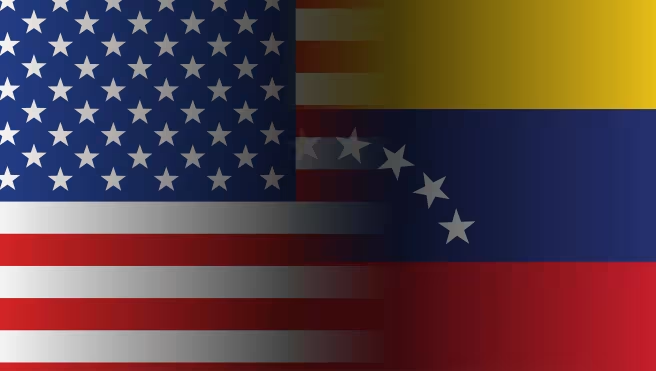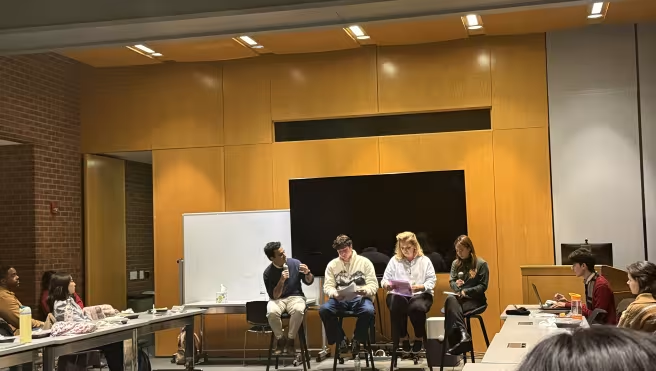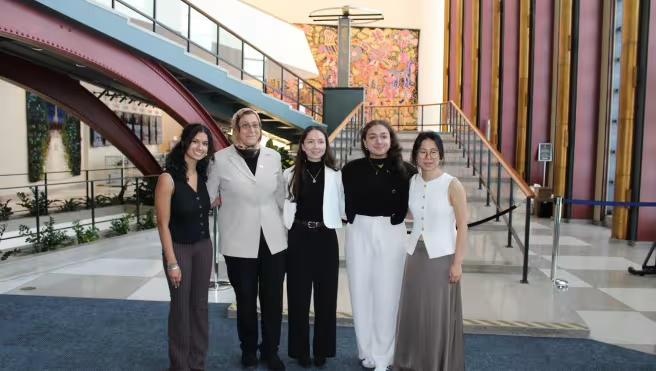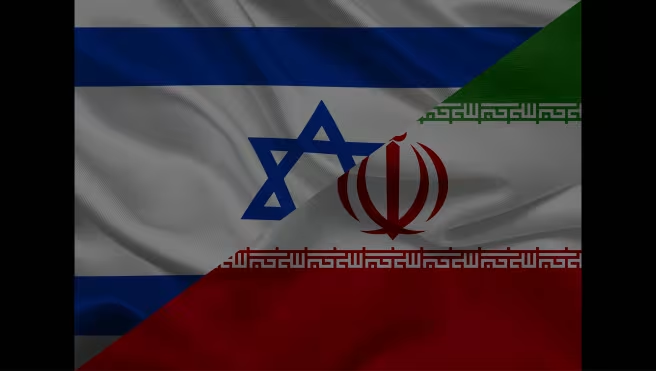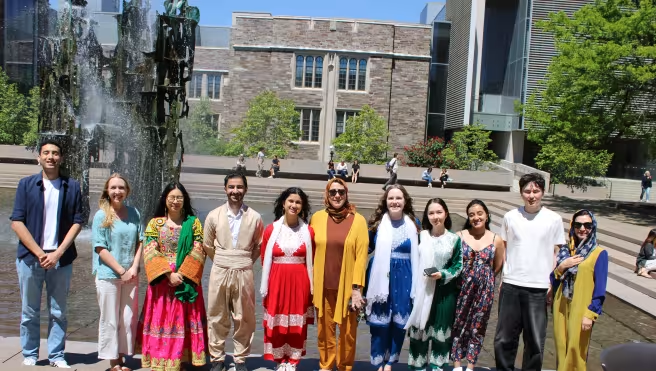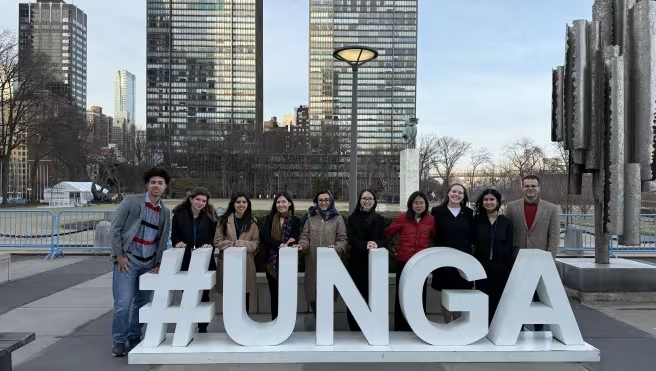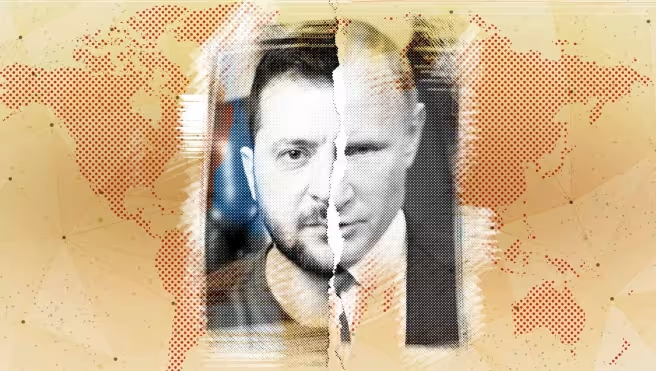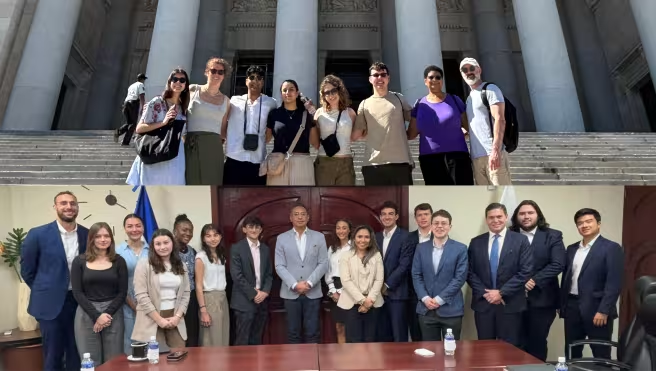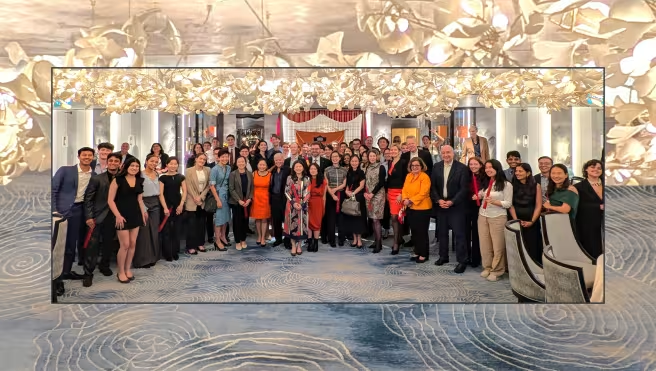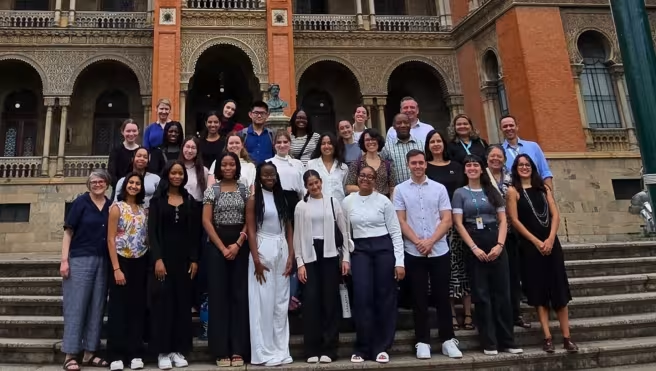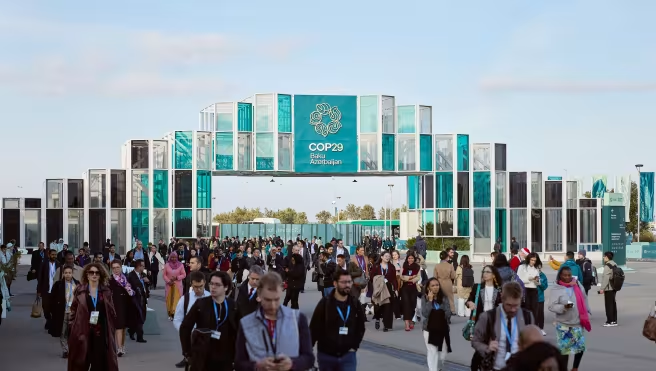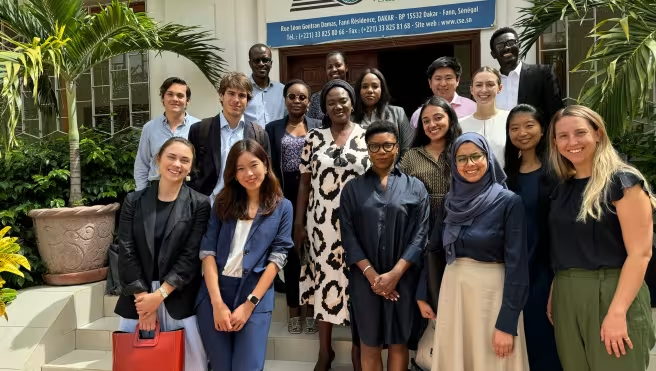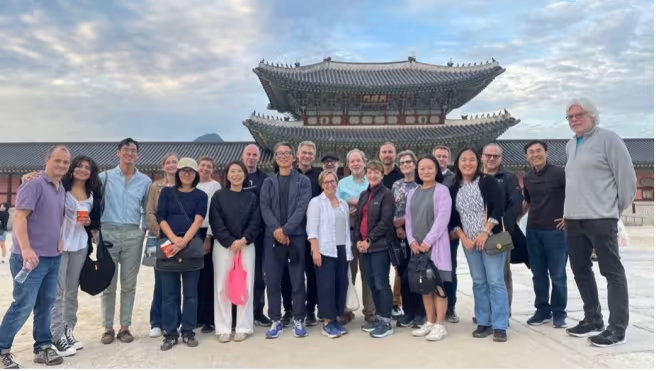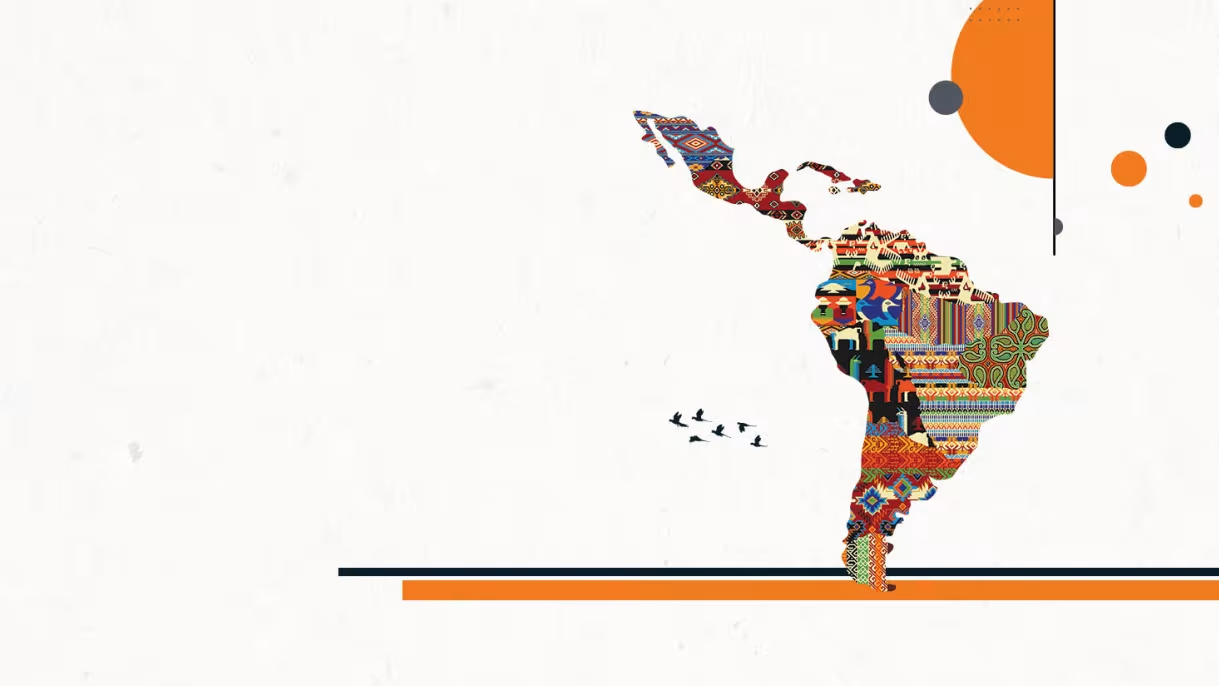
International Research & Partnerships
Internationalization at SPIA
Internationalization is one of Dean Amaney Jamal’s strategic priorities for the School of Public and International Affairs. For the 2023-24 academic year, Central and South America was a primary focus, and SPIA staff and faculty engaged with the continent in numerous ways. For 2024-25, the School is training its lens on Asia.
Regardless of specific areas, SPIA’s internationalization initiatives span the entire globe, from the Middle East to Ukraine to Afghanistan, and everywhere in between.
Centers & Programs International Initiatives
- Africa Health Research Initiative
- This program provides supervised health-focused research experiences for Princeton students at the Mpala Research Centre in Kenya. The student research visits take place both over the summer (eight to 10 weeks) and during winter session (two weeks), supporting up to five students during each visit.
- This program provides supervised health-focused research experiences for Princeton students at the Mpala Research Centre in Kenya. The student research visits take place both over the summer (eight to 10 weeks) and during winter session (two weeks), supporting up to five students during each visit.
- International Health Research Collaboration Initiative
- This initiative invites foreign undergraduates, graduate students, postdoctoral fellows, and researchers from CHW partner research institutions to travel to Princeton University for the fall, spring, or summer term. These visitors would participate in on-campus research, make presentations, audit courses, and integrate into the broader Princeton health-focused research community.
- This program aims to balance these partnerships by making it possible for students and stakeholders from key international partners, often in developing countries, to come to Princeton to advance their research, benefit from our vibrant research community, and bring lessons back home with them in turn.
- Global Systemic Risks International Partners (with Miguel Centeno): Humboldt University/Potsdam Institute for Climate Impact Research, Berlin; Cambridge; Sciences Po, Paris; Federal University of the State of Rio de Janeiro; Stockholm Resilience Center, Stockholm University; Complexity Science Hub Vienna; Pontificia Universidad Católica de Perú; Pontificia Universidad Católica de Chile
- The CITP Fellows Program focuses on internationalization and often works with the United Nations. This program is for scholars who have recently received a doctoral degree in fields such as computer science, sociology, economics, political science, psychology, public policy, information science, communication, philosophy, and related technology disciplines.
- More than half of the doctoral students and postdoctoral fellows/researchers at C-PREE identify as international students.
- Recent research:
- Future Endeavor: CSDP plans to expand to include collaborative work on industrialized democracies.
- ISS is profiling successful implementation of measures that safeguard the impartiality of election administration.
- The program continues to identify innovative ways to help municipalities protect climate infrastructure investments from corruption.
- ISS helps local leaders in the U.S. improve their ability to use the community development block grants effectively.
- The program is completing a policy memoir on governance in the Palestinian Authority with Salam Fayyad.
- Recent research & events:
- The Value of Vigilance: Costa Rica’s First-year Response to COVID-19, 2020 (Case Published January 2022)
- All Aboard: Nigeria’s Federal Government Streamlines Pandemic Response Coordination January-November 2020 (Case Published January 2022)
- In 2021, the JRCPPF established a new collaboration with the Central Bank of West African States and the African School of Economics led by faculty affiliate Leonard Wantchekon. The collaboration supports academic exchange and research partnerships between academic researchers and bank staff.
- Through a Princeton Institute for International and Regional Studies-funded research community on development finance in fragile states, Atif Mian, Leonard Wantchekon, Ethan Kapstein, and Denise Mauzerall, along with international partners, are studying new strategies to infuse finance effectively into fragile and emerging economies. Current strands of research include agricultural finance in Pakistan; international capital flows and business cycles; financial inclusion in West Africa; energy financing in Southeast Asia; and reconceptualizing sovereign risk in areas with violent conflict.
- Future Endeavor: The JRCPPF will build partnerships for providing education to and training civil servants and policymakers; could pilot in Pakistan.
- LISD is working with European University Institute with a focus on qualitative methods.
- Future Endeavor: LISD plans to conduct more research-based work in Europe and Eurasia
- OPR is involved with data collection in conjunction with the Center for Contemporary China.
- The program has collaborative research with other researchers in both the U.S. and Africa on HIV/AIDS in sub-Saharan Africa.
- Science & Global Security is an international journal for peer-reviewed scientific and technical studies to support international security, arms control, disarmament, and nonproliferation policy. The journal was founded in 1989 by a group of scientists from the United States and the Soviet Union.
- Weekly seminars are open to the Princeton community and the public; occasional technical and policy workshops with a view to advancing scholarship and policy. The research networks cross 16 countries, hosting scholars from universities around the world.
- The program provides training opportunities for postdoctoral and senior scientists interested in science and security policy. The resulting network over the years has allowed the program to contribute to the nuclear policy debates in a number of countries.



